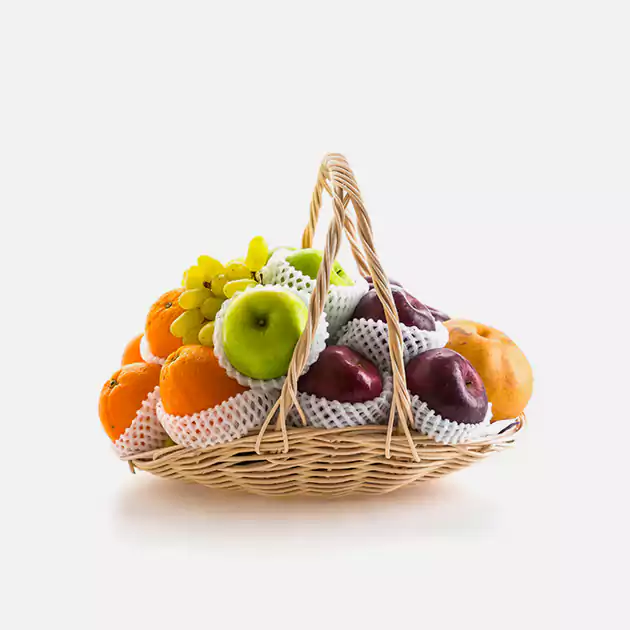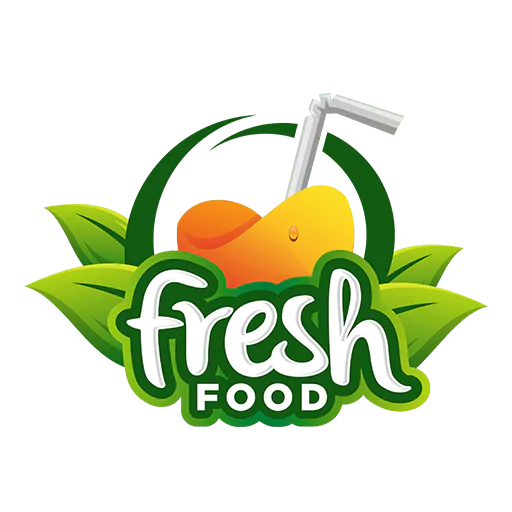Fresh Food vs. Processed Food: Making the Right Choice for Your Health

In today’s fast-paced world, convenience often takes precedence over nutrition. The availability of processed foods has skyrocketed, tempting us with their convenience and extended shelf life. However, it’s essential to understand the stark differences between fresh food and processed food when it comes to our health. In this article, we will explore the pros and cons of both options, empowering you to make informed choices for your well-being.
Understanding Fresh Food
Fresh food refers to natural, whole foods that are minimally processed and consumed in their natural state. These include fruits, vegetables, lean meats, fish, whole grains, and dairy products. Fresh foods are typically nutrient-dense, containing a wide range of vitamins, minerals, fiber, and antioxidants. They are often lower in added sugars, sodium, and unhealthy fats.
Understanding Processed Food
Processed food, on the other hand, undergoes various manufacturing processes to alter its natural state, enhance flavor, increase shelf life, and improve convenience. These include foods like packaged snacks, frozen meals, canned goods, sugary beverages, and heavily processed meats. Processed foods often contain additives, preservatives, artificial flavors, and excessive amounts of added sugars, sodium, and unhealthy fats. They are typically lower in nutritional value compared to fresh foods.
Pros and Cons of Fresh Food
Pros:
- Nutrient-Rich: Fresh foods provide a diverse array of essential nutrients, vitamins, minerals, and antioxidants that support overall health and well-being.
- Less Additives: Fresh foods are free from artificial additives, preservatives, and excessive added sugars, sodium, and unhealthy fats.
- Higher Fiber Content: Fresh fruits, vegetables, and whole grains are excellent sources of dietary fiber, promoting digestion, satiety, and a healthy gut.
Cons:
- Limited Shelf Life: Fresh foods have a shorter shelf life and may require more frequent shopping and meal planning.
- Preparation Time: Fresh foods often require more preparation time, including washing, cutting, and cooking.
- Seasonal Availability: Some fresh foods may be seasonal, limiting their availability throughout the year.
Pros and Cons of Processed Food
Pros:
- Convenience: Processed foods offer convenience, requiring minimal preparation time and often ready-to-eat options.
- Extended Shelf Life: Processed foods have a longer shelf life due to preservatives and packaging techniques, reducing food waste.
Cons:
- Nutritional Deficiencies: Processed foods are often lacking in essential nutrients and fiber compared to fresh foods.
- High in Added Sugars and Unhealthy Fats: Processed foods are notorious for their high sugar, sodium, and unhealthy fat content, contributing to various health issues.
- Increased Health Risks: Regular consumption of processed foods has been linked to obesity, heart disease, type 2 diabetes, and other chronic conditions.
Making the Right Choice for Your Health
When it comes to choosing between fresh food and processed food, it’s crucial to prioritize your health. Here are some tips to help you make informed choices:
- Prioritize Fresh Foods: Make fresh, whole foods the foundation of your diet. Aim to include a variety of fruits, vegetables, lean proteins, whole grains, and dairy products.
- Read Food Labels: When purchasing processed foods, read the labels carefully. Choose options with minimal additives, lower sodium, sugar, and unhealthy fats. Look for whole food ingredients and avoid products with long lists of artificial ingredients.
- Limit Processed Snacks and Beverages: Reduce your consumption of processed snacks, sugary beverages, and fast food. Opt for healthier alternatives like fresh fruit, nuts, homemade snacks, and water.
- Cook at Home: Prepare meals at home using fresh ingredients whenever possible. This allows you to control the quality of ingredients, portion sizes, and cooking methods.
- Meal Planning: Plan your meals and snacks in advance, incorporating fresh, nutritious options. This helps you make healthier choices and reduces reliance on processed convenience foods.
- Moderation is Key: It’s not necessary to completely eliminate processed foods from your diet. Enjoy them occasionally as treats, but be mindful of portion sizes and frequency of consumption.
Conclusion
Choosing between fresh food and processed food is a vital aspect of maintaining a healthy lifestyle. While processed foods offer convenience, they often lack the nutritional value and can contribute to various health issues. Prioritizing fresh, whole foods and minimizing processed options is key to optimizing your health. By making informed choices, reading labels, and emphasizing nutrient-dense options, you can make positive changes that support your overall well-being. Remember, it’s about finding the right balance and nourishing your body with the wholesome goodness of fresh food.

